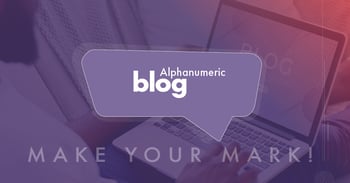
Big data has become an indispensable tool in drug development. The vast amount of information generated from clinical trials, medical records, and social media can provide invaluable insights into the safety and efficacy of new drugs. However, the use of big data also raises ethical concerns about privacy, confidentiality, and informed consent. As the pharmaceutical industry continues to embrace big data analytics, it is important to reflect on the ethical implications and ensure that patient rights and welfare are protected. In this blog post, we will explore the ethical considerations surrounding big data in drug development and its impact on patient care.
The use of big data in drug development has revolutionized the pharmaceutical industry. By analyzing large amounts of data, researchers can gain insights into disease pathology and drug efficacy, which can lead to the development of new and more effective treatments. However, the use of big data in drug development also raises important ethical considerations.
One of the main ethical concerns surrounding the use of big data in drug development is the potential for privacy violations. Health data is highly sensitive and can reveal a wealth of information about an individual's health status, lifestyle, and behavior. As big data becomes more widely used in drug development, it is important to ensure that patient privacy is protected.
Another ethical consideration is the potential for bias in big data analysis. Big data can contain hidden biases that can skew results and lead to inaccurate conclusions. For example, if a dataset only includes data from certain populations, the conclusions drawn from that data may not be applicable to other populations. It is important for researchers to be aware of these biases and to take steps to address them.
Additionally, there is a concern that the use of big data in drug development could exacerbate existing inequalities in healthcare. If only certain populations are included in big data analyses, this could lead to treatments that are not effective for other populations. It is important for researchers to ensure that their analyses are inclusive and representative of all populations.
Finally, the use of big data in drug development raises questions about ownership and control. Who owns the data? Who has the right to access it? Who benefits from its use? These questions must be answered in order to ensure that the use of big data in drug development is ethical and equitable.
In conclusion, the use of big data in drug development has the potential to revolutionize healthcare, and lead to the development of more effective treatments. However, it is important to consider the ethical implications of this use, including issues of privacy, bias, inequality, and ownership. By addressing these concerns, we can ensure that the use of big data in drug development is ethical and serves the needs of all populations.